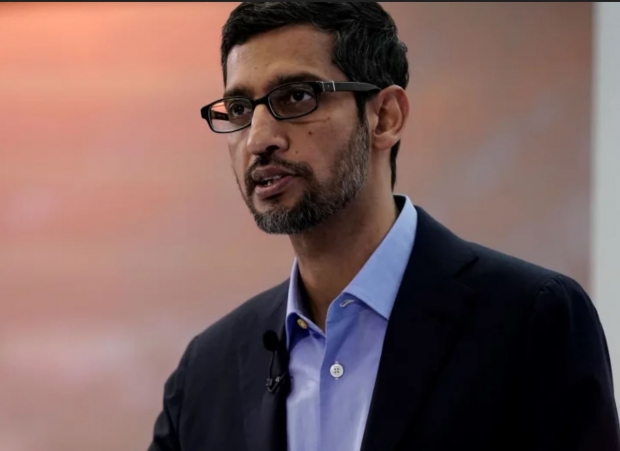Pichai is worried that the technology could be used for nefarious purposes, Smith said a ban was akin to using a meat cleaver instead of a scalpel to solve potential problems.
Pichai told a conference in Brussels organised by think-tank Bruegel. “It’s up to governments to chart the course” for the use of such technology.
Smith, who is also Microsoft’s chief legal officer, however, cited the benefits of facial recognition technology in some instances such as NGOs using it to find missing children.
Smith said it was important to first identify problems and then craft rules to ensure that the technology would not be used for mass surveillance.
“There is only one way at the end of the day to make technology better and that is to use it”, he said.
The European Commission is taking a tougher line on artificial intelligence (AI) than the United States that would strengthen existing regulations on privacy and data rights. It wants to have a moratorium of up to five years on using facial recognition technology in public areas, to give the EU time to work out how to prevent abuses.
Pichai urged regulators to take a “proportionate approach” when drafting rules, days before the Commission is due to publish proposals on the issue.
Pichai said there was no question AI needs to be regulated but rulemakers should tread carefully.
“Sensible regulation must also take a proportionate approach, balancing potential harms with social opportunities. This is especially true in areas that are high risk and high value”, he said.
Regulators should tailor rules according to different sectors, Pichai said, citing medical devices and self-driving cars as examples that require different rules. He said governments should align their rules and agree on core values.




